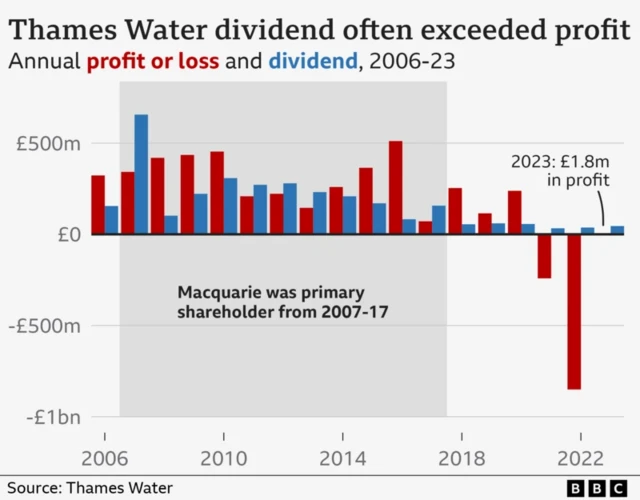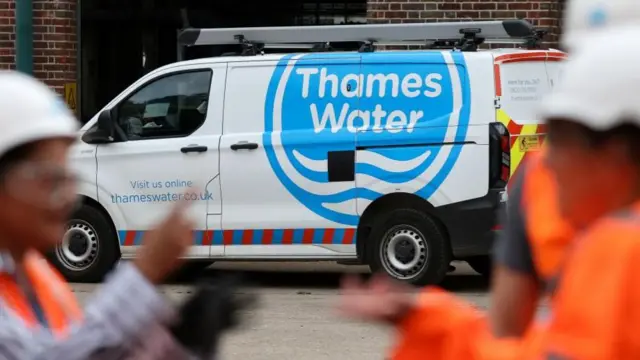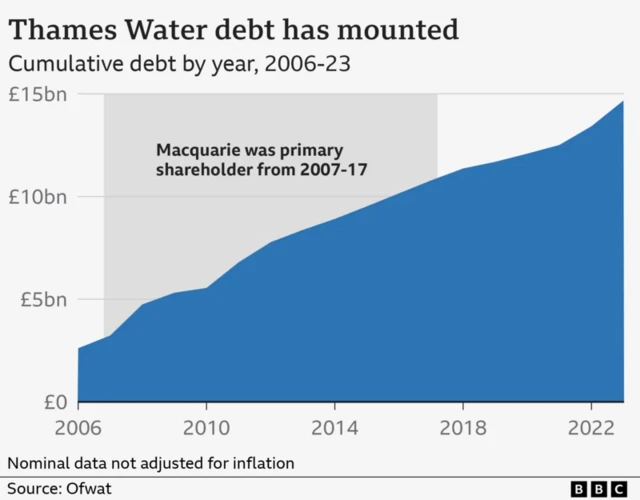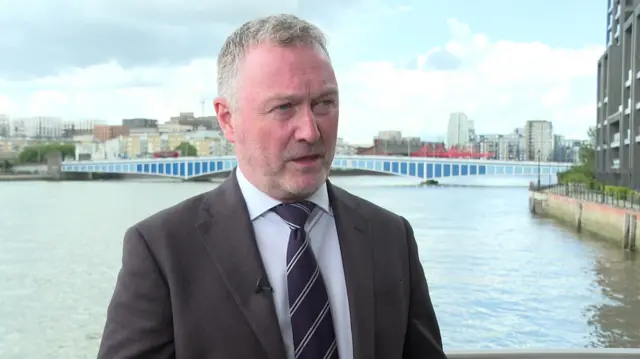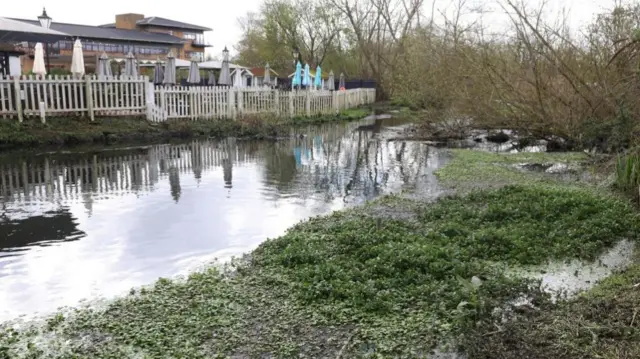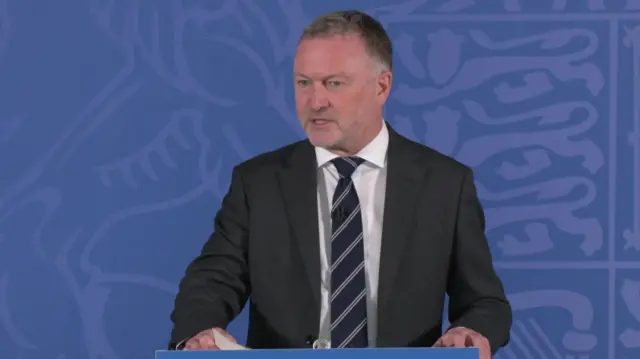Ofwat scrapped - and higher bills are on the waypublished at 14:02 British Summer Time 21 Julypublished at 13:02 21 July
 Adam Goldsmith
Adam Goldsmith
Live reporter
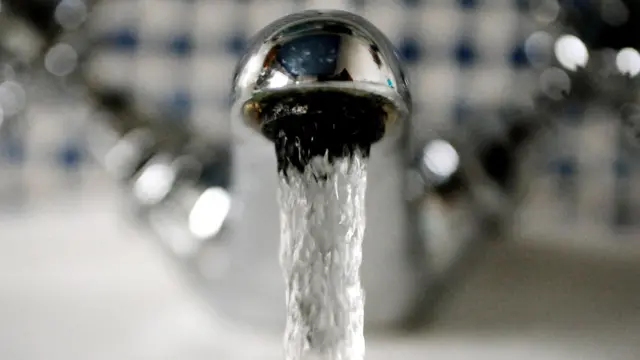 Image source, PA Media
Image source, PA MediaA long-anticipated report has called for big changes to the water industry in England and Wales. Here are the day's key developments:
- Ofwat, the economic regulator for the water industry in England and Wales, will be scrapped, Environment Secretary Steve Reed announced
- Instead, a new single watchdog will "prevent the abuses of the past", Reed says - though our climate and science reporter notes many of the regulator's staff will likely stay the same
- Scrapping Ofwat was one of 88 recommendations made in a 465-page report by Sir Jon Cunliffe, released at 06:00 this morning
- But campaigners say the findings merely give the "illusion of change". The report was not asked to consider the case for nationalising the sector, and one group said the recommendations were like "putting lipstick on a pig"
- The report's author warns bills will likely rise to support investment in infrastructure - with Cunliffe suggesting a figure of 30% above inflation in the next five years. Our climate and science reporter has more on how that could work
- Water UK boss David Henderson says the report represents "exactly what's needed" amid public frustration at performance - and blames the regulator for a lack of infrastructure investment
Steve Reed is due to give more detail to MPs in the House of Commons later this afternoon, but for further reading before then check out:
- Five key takeaways from the landmark water review
- Simon Jack asks: Will the water industry proposals make any difference?
We're closing our live coverage there for now. Thanks for reading.




